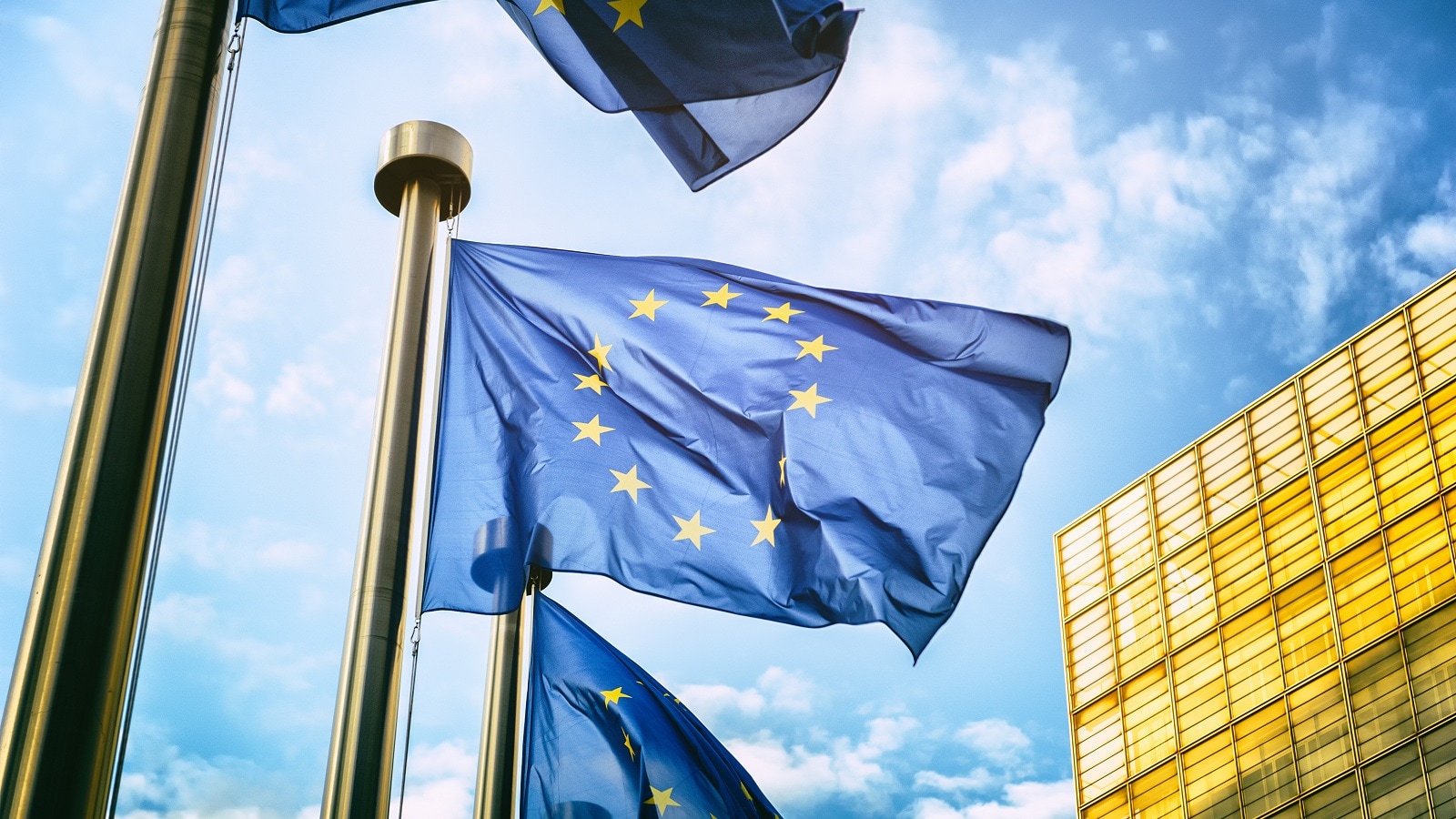Driving business change to protect people and the planet
Sustainability regulatory landscape

What’s relevant, what to do and when?
Most people are aware of climate change and other environmental and social risks for our planet, and of the need to take action immediately. To drive and support these actions, a regulatory framework focused on environmental, social and governance (ESG) has been established and continues to be updated and refined.
Information about new legislation and regulations is everywhere; however, it is so widely scattered that it can be difficult for organisations to pinpoint what concerns them, what you need to do, and in what time frame.
PwC provides this service. To see how we can support you in specific areas related to ESG regulation, please see the ESG-related links at the bottom of this page.
The ESG regulatory framework is complex and continually changing. Overall, it presents a roadmap for boosting the efficient use of resources and stimulating a circular economy, and for addressing climate change, pollution, human rights, and many other social and governance issues.
Below, we summarise some of the ESG-related legislation and regulations affecting companies in Europe.


Key ESG legislation and regulations in Europe
The EU Green Deal
In December 2019, the European Commission presented the European Green Deal, a strategy to transition the EU economy to a sustainable economic model, achieving net zero greenhouse gas emissions (or ‘climate neutrality’). The ultimate objective is the EU reaching climate neutrality by 2050. The European Green Deal will have an impact across all businesses in Europe, since all products sold in the EU will need to meet higher sustainability standards.
European Climate Law
The EU Climate Law was one of the first legislative proposals following the Green Deal. It enshrines the goal of reaching climate neutrality into legislation (since 2021), with a legally binding target of net zero greenhouse gas emissions by 2050. The EU institutions and the EU member states are bound to take the necessary measures at EU and national level to meet the target.
EU Taxonomy regulation
Many of the important regulations affecting businesses in Europe fall within the EU Taxonomy package. The EU Taxonomy is a classification framework establishing definitions and rules determining which economic activities qualify as sustainable. It sets out the world’s first ‘green list’ of sustainable business activities and is designed to identify and direct investments towards sustainable projects, indirectly combatting so-called ‘greenwashing’.
A first EU Taxonomy Climate Delegated Act – defining which activities contribute substantially to climate change adaptation and mitigation – and six amending Delegated Acts are already applicable.
EU Corporate Sustainability Reporting Directive (CSRD)
The CSRD aims to put sustainability reporting at the same level as financial reporting, to ensure the transparency, consistency and reliability necessary to sufficiently inform stakeholders. It expands the NFRD requirements for companies to disclose – in their annual report – information on the impact of corporate activities on the environment and society, and requires the assurance of reported information.
EU Sustainable Finance Disclosure Regulation (SFDR)
This regulation (and related regulatory technical standards) aims to improve transparency around sustainable investments products and sustainability claims made by financial market participants.
The SFDR consists of disclosure requirements on the organisational, service and product levels. It mainly applies to European financial institutions (banks, insurers, asset managers and investment firms) and those with subsidiaries or services in Europe.
Amending Delegated Acts on fiduciary duties, investment and insurance advice ensure that financial firm professionals (e.g. advisers, asset managers or insurers) include sustainability in their procedures and their investment advice to clients.
Corporate Sustainability Due Diligence Directive (CSDDD or “CS3D”)
This proposal aims to foster sustainable and responsible corporate behaviour throughout global value chains. Requirements involve, amongst others, due diligence integration into policies, identification of adverse human resources (HR) and environmental impacts, mitigation of potential impacts, etc.
The CSDDD (also known under the name ‘sustainable corporate governance’) lays down obligations for companies to carry out due diligence to identify and address human rights and environmental adverse impacts, and to produce climate plans.
Under the CSDDD, the EU proposes introducing specific duties for directors regarding sustainability, obliging directors to consider their company's short, medium and long term environmental impacts and human rights impacts. It also proposes imposing sanctions on companies for failure to comply, and civil liability for violations of certain due diligence obligations which lead to adverse human rights or environmental impacts.
Applicable from January 2025 (to be confirmed) to:
EU limited liability companies with 500+ employees and EUR 150 million+ net turnover
other limited liability companies in high impact sectors, that have more than 250 employees and a net turnover of EUR 40+ million worldwide
non-EU companies active in the EU with turnover threshold aligned with Group 1 and 2, generated in the EU.
In Belgium, a legislative proposal for a national law imposing a duty of care and accountability on all enterprises throughout their value chain was introduced in the Belgian Parliament on 2 April 2021. Because of close interconnection, it’s expected that the timing of the upcoming CSDDD may impact the timing of this Belgian law proposal.
Directive on improving the gender equality on corporate boards
In listed EU companies, by July 2026, at least 40% of non-executive positions should be filled by the under-represented gender. For executive directors, the target is 33%. Companies not reaching their target will have to put in place procedures for selection and appointment designed to rectify the situation. Small and medium-sized companies with less than 250 employees are exempt.
Note: By Belgian law, all Belgian state-owned and publicly traded companies are required to have at least 33% women on their board of directors.
General Product Safety Directive (GPSD)
Under this directive, a product is defined as safe if it meets all statutory safety requirements under EU or national law. GPSD establishes essential requirements to consumer products that are not covered by specific provisions with the same objective in the rules of EU law governing the safety of the products concerned.
REACH
The EU REACH (Registration, Evaluation, Authorisation and Restriction of Chemicals) regulation affects the supply and use of chemical substances. It aims to improve the protection of human health and the environment through better and earlier identification of the intrinsic properties of chemical substances. It applies to companies manufacturing and importing chemicals in the EU/EEA.
EU Global Human Rights Sanction Regime (HRSR)
The regime enables the EU to target individuals, entities and bodies – including state and non-state actors – responsible for, involved in or associated with serious human rights violations and abuses worldwide, no matter where they occurred. It applies to all companies operating in the EU.
EU Waste Framework Directive (WFD)
This directive (a revision proposal is expected in 2023) regulates the basic waste management principles (including waste prevention, collection, reuse and recycling, and treatment) to protect the environment and human health.
This page provides just a selection of ESG-relevant regulations. For a deep dive into EU legislation, see the European Parliament Legislative Train website.
Contact us










